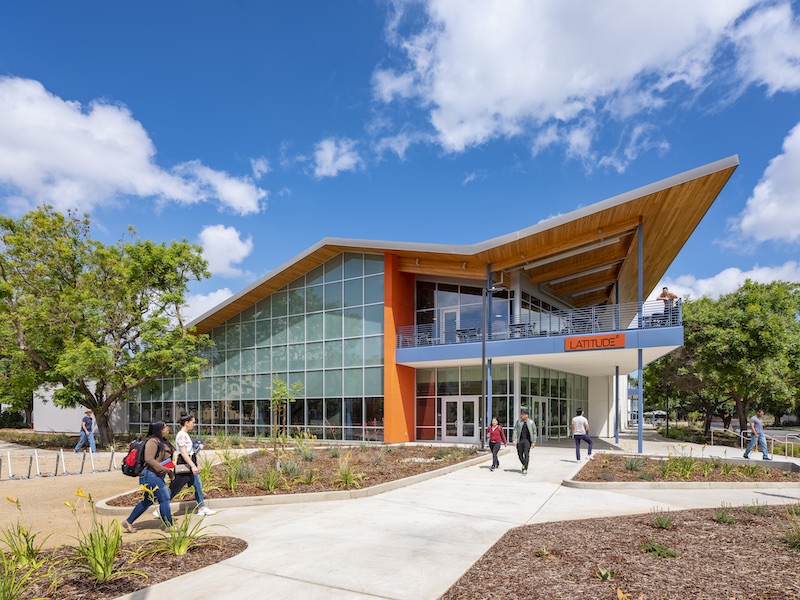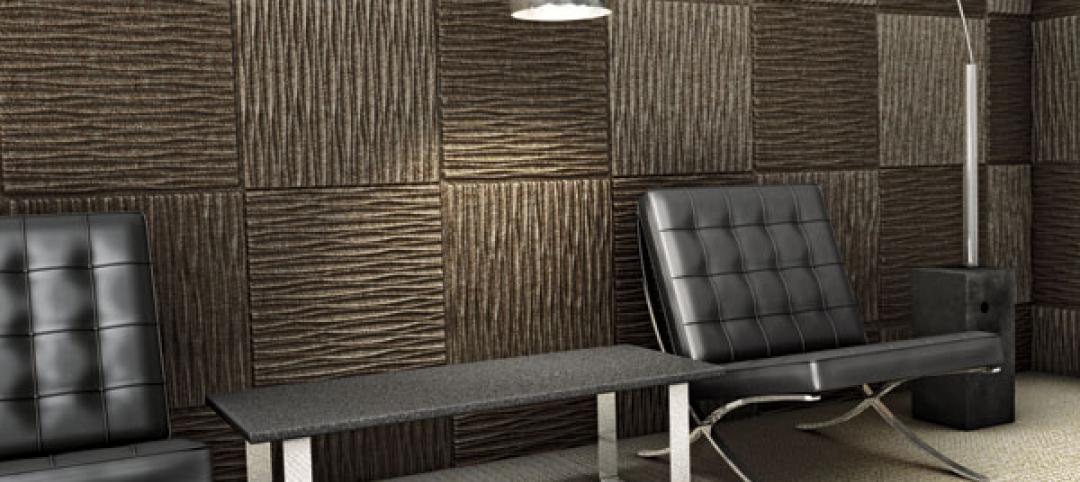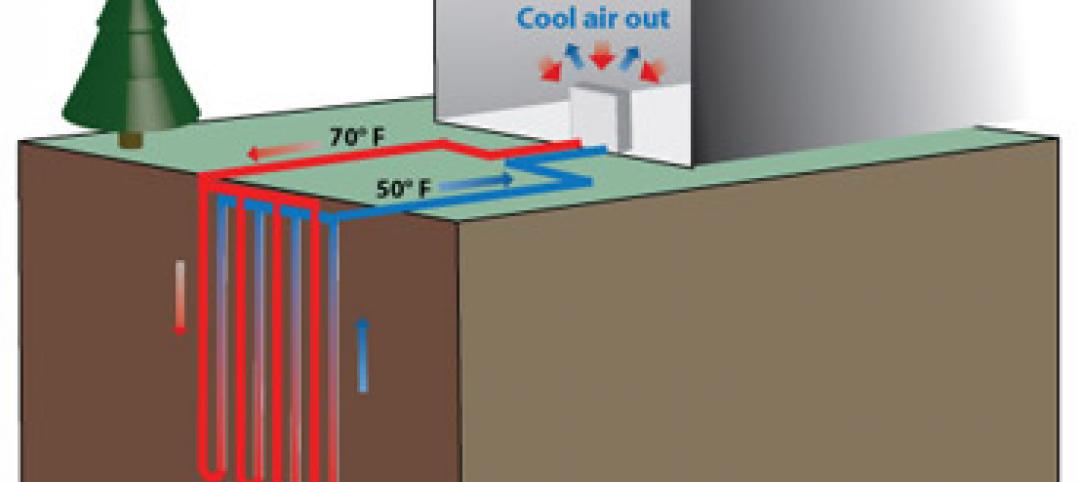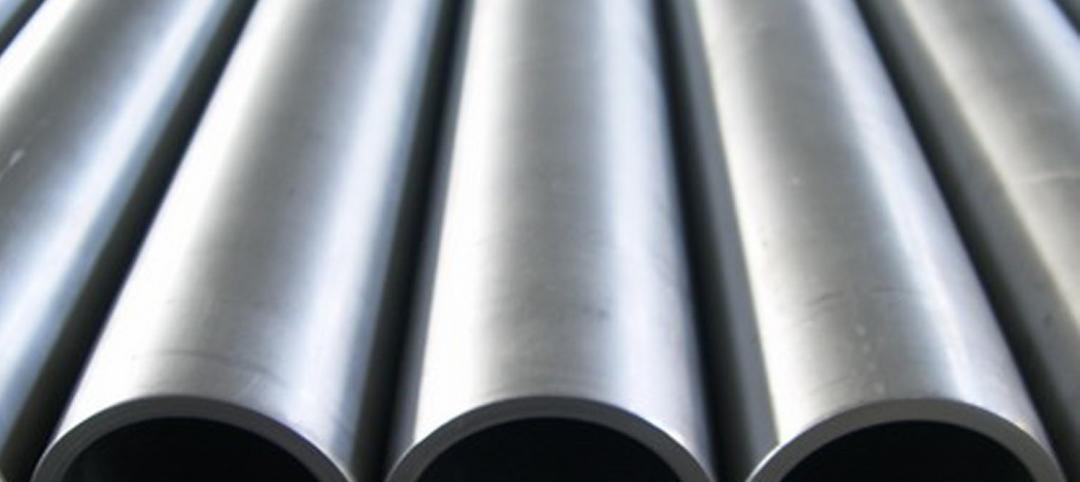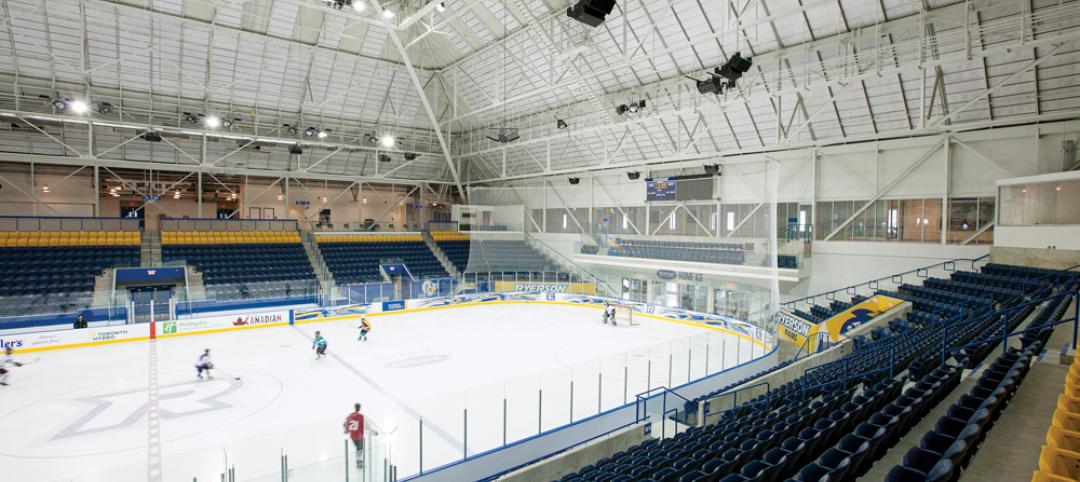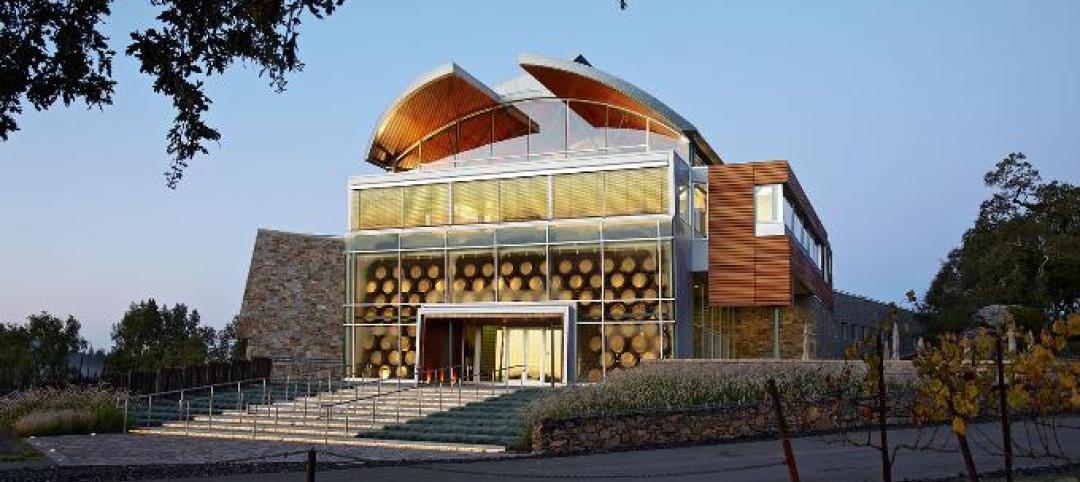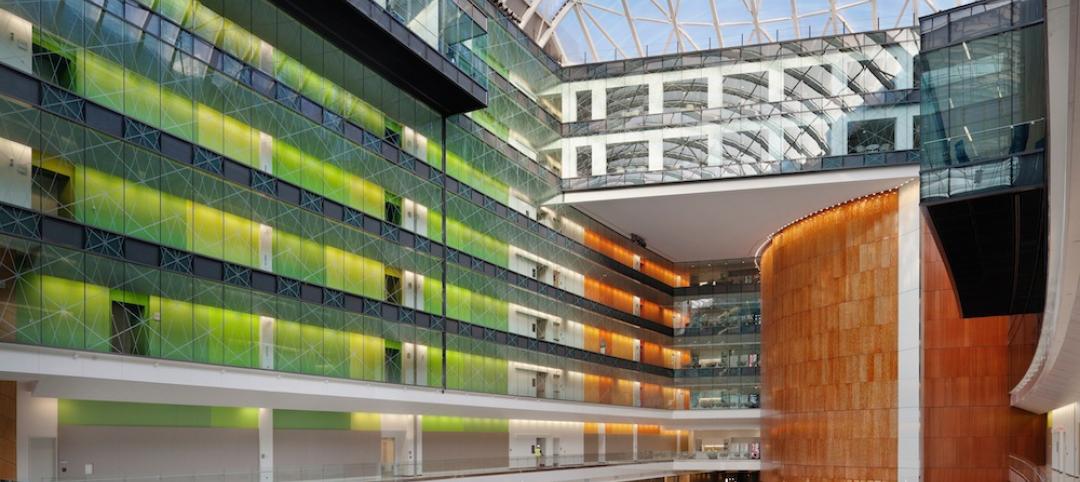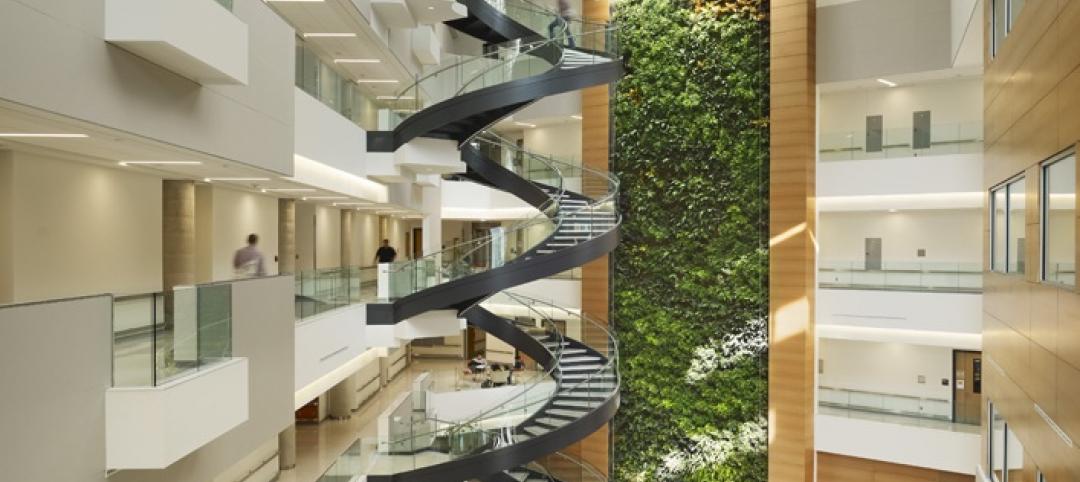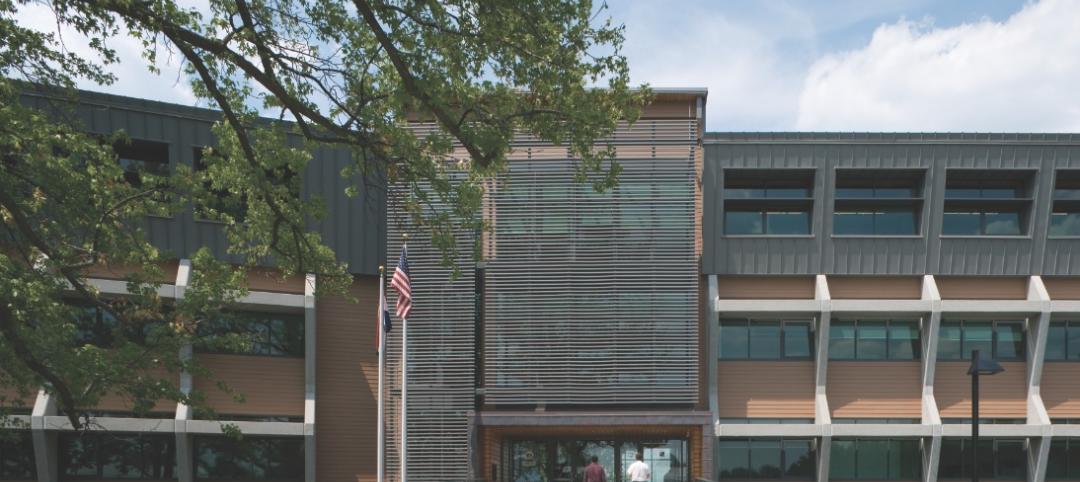The Latitude Dining Commons at UC Davis is a new 500-seat facility with a design inspired by the Central Valley. The space represents the food and farming culture of both the university and the surrounding region.
The building is sited between Tercero residential buildings to the south and future science buildings across Bioletti Way. The design features an exposed structure of glulam beams and cross laminated wood decking, pitched roofs, and simple, functional materials. A light metal clad folded roof, which draws inspiration from a barn roof, floats above large glass walls and extends out to shade entrances and terraces.
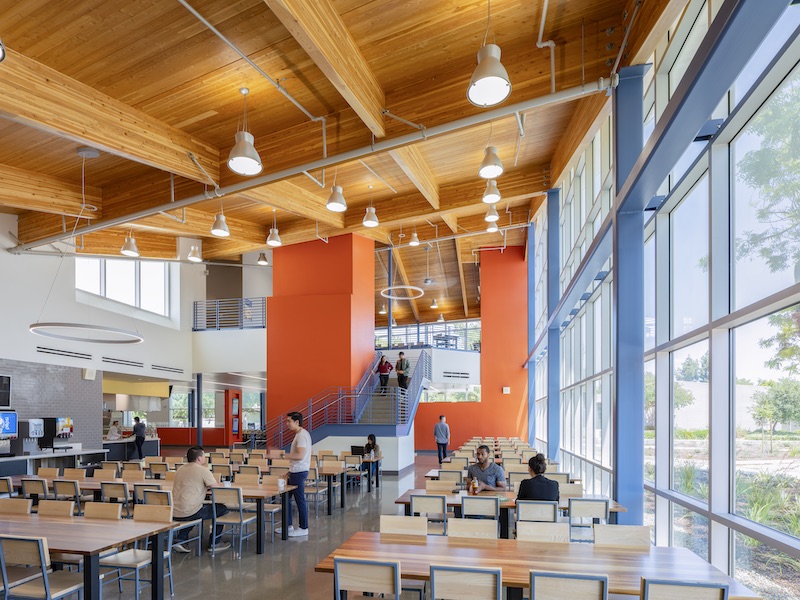
Multiple pathways link the sidewalk with the dining and retail entrances and a continuous band of active public terraces shares views with pedestrians and cyclists along Bioletti Way. Tables and chairs, benches, and steps encourage students to gather, eat, or study.
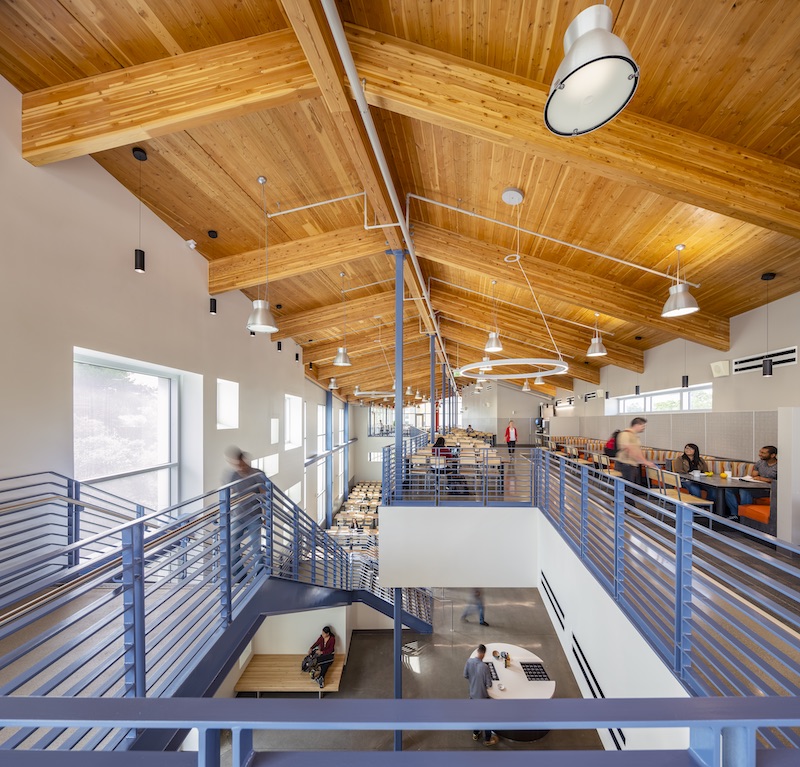
The project includes a full commercial kitchen, provides multiple international food platforms, and has retail grab-n-go and convenience options. A two-level area features front of house public functions (such as dining, servery, queuing, and retail) while a one-level mass includes all back of house functions. Painted steel stairs between the first and second levels stand free in the space that adds to the “see and be seen” dynamic. Also included are loading docks for deliveries, outdoor seating opportunities, circulation, site improvements, and bicycle parking.
HED was the project architect with Otto Construction as the general contractor. The project is targeting LEED Gold certification.
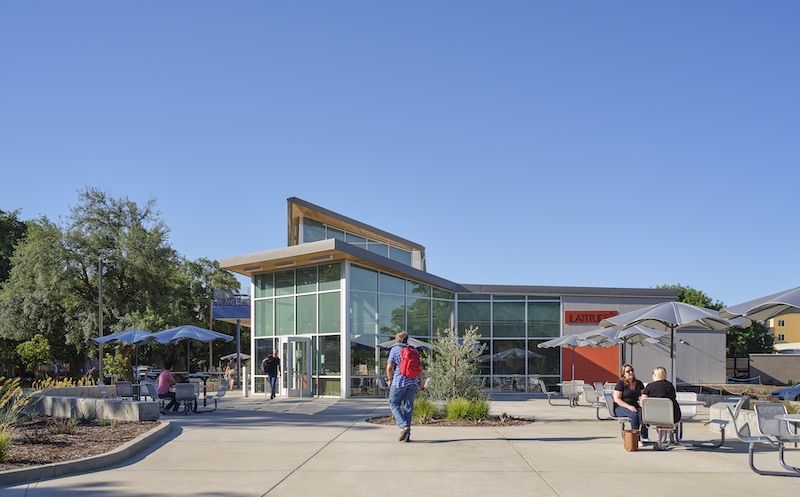
Related Stories
| Nov 15, 2013
Metal makes its mark on interior spaces
Beyond its long-standing role as a preferred material for a building’s structure and roof, metal is making its mark on interior spaces as well.
| Nov 13, 2013
Installed capacity of geothermal heat pumps to grow by 150% by 2020, says study
The worldwide installed capacity of GHP systems will reach 127.4 gigawatts-thermal over the next seven years, growth of nearly 150%, according to a recent report from Navigant Research.
| Oct 30, 2013
15 stellar historic preservation, adaptive reuse, and renovation projects
The winners of the 2013 Reconstruction Awards showcase the best work of distinguished Building Teams, encompassing historic preservation, adaptive reuse, and renovations and additions.
| Oct 30, 2013
11 hot BIM/VDC topics for 2013
If you like to geek out on building information modeling and virtual design and construction, you should enjoy this overview of the top BIM/VDC topics.
| Oct 18, 2013
Researchers discover tension-fusing properties of metal
When a group of MIT researchers recently discovered that stress can cause metal alloy to fuse rather than break apart, they assumed it must be a mistake. It wasn't. The surprising finding could lead to self-healing materials that repair early damage before it has a chance to spread.
| Oct 8, 2013
Toronto Maple Leafs arena converted to university recreation facility
Using steel reinforcement and massive box trusses, a Building Team methodically inserts four new floors in the landmark arena while preserving and restoring its historic exterior.
| Oct 7, 2013
10 award-winning metal building projects
The FDNY Fireboat Firehouse in New York and the Cirrus Logic Building in Austin, Texas, are among nine projects named winners of the 2013 Chairman’s Award by the Metal Construction Association for outstanding design and construction.
| Oct 1, 2013
13 structural steel buildings that dazzle
The Barclays Center arena in Brooklyn and the NASCAR Hall of Fame in Charlotte, N.C., are among projects named 2013 IDEAS2 winners by the American Institute of Steel Construction.
| Sep 24, 2013
8 grand green roofs (and walls)
A dramatic interior green wall at Drexel University and a massive, 4.4-acre vegetated roof at the Kauffman Performing Arts Center in Kansas City are among the projects honored in the 2013 Green Roof and Wall Awards of Excellence.
| Sep 19, 2013
What we can learn from the world’s greenest buildings
Renowned green building author, Jerry Yudelson, offers five valuable lessons for designers, contractors, and building owners, based on a study of 55 high-performance projects from around the world.


